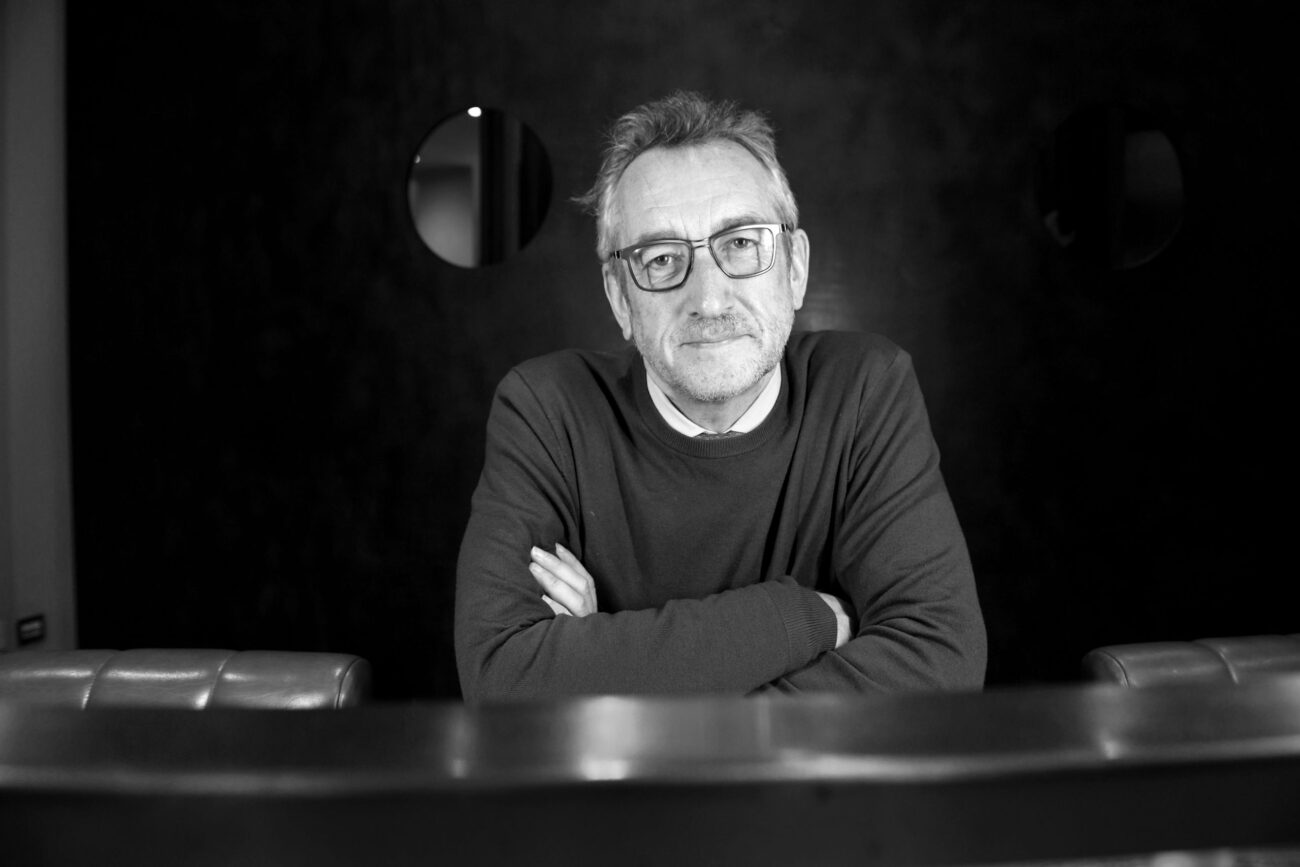Sitting comfortably in a Dublin pub overlooking the River Liffey, Peter Vandermeersch’s first reaction was both emphatic and categoric: No. Having just turned 57, the Belgian-born journalist and editor had the next phase of his life sketched out and it involved a reporting sinecure in Paris, not a management function in Dublin. Just weeks before, Vandermeersch had announced his intention to step down as editor of NRC Handelsblad, the paper of record in the Netherlands, and his final executive function was to appoint himself to its Paris bureau. Vandermeersch had gone through all the usual rituals of departure – he…
Cancel at any time. Are you already a member? Log in here.
Want to read the full story?
Unlock this article – and everything else on The Currency – with an annual membership and receive a free Samsonite Upscape suitcase, retailing at €235, delivered to your door.

